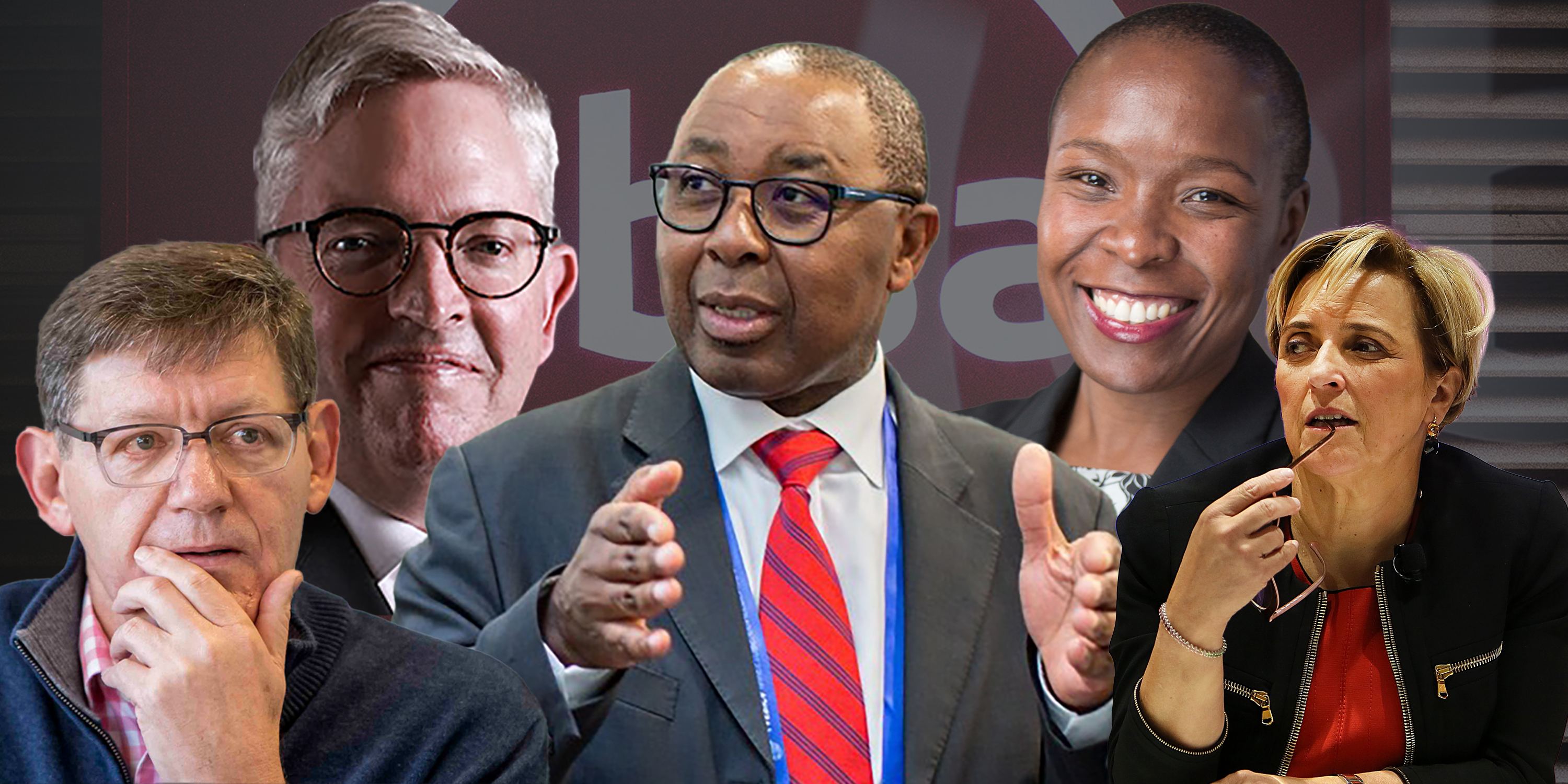You have to feel a bit for Standard Bank, which lost a senior leader. But Absa, which has in effect had a new CEO every year for the past six years, was clearly desperate and, one presumes, made Kenny Fihla an offer he could not refuse.
Absa have themselves been losers recently when their finance director and interim CEO Jason Quinn left for Nedbank last year. In February this year, Standard Chartered named Maria Ramos, the former CEO of South Africa’s Absa Group, as its new chair, succeeding José Viñals. And going further back, Basani Maluleke left African Bank to join Capitec in 2021.
What do we make of all this? Well, what employees often say about hopscotching executives is that they are playing a game, switching titles and getting bigger bonuses, while the only thing that really moves is the workload on the people who actually do the work. That increases.
It’s a bit of a joke in journalism that a single event is happenstance, but if it happens twice, suddenly it’s a “trend”. It would be hard to make a case that a few instances of job-hopping in the banking industry constitute a major crisis in South Africa at the moment.
Underlying tension
But in some ways, it does demonstrate some underlying tension, even though it is pretty hard to discern because banks in South Africa are in a pretty healthy state, barring two issues, which I will come to later.
The recent results of the big national banks are nothing to cry over. Absa reported a 10% increase in annual profit, driven by improved performance in the latter half of the year. Amazing what you can do when you don’t have a CEO (Arrie Rautenbach took early retirement and left in October last year).
In their most recent results, Nedbank’s headline earnings rose by 8%, Standard Bank’s by 4% and FirstRand’s also by 4%, hit by the investigation by British authorities into the UK vehicle finance market. In a lacklustre economy growing at less than 1%, this is all well and good.
But here is the problem. Capitec reported a 36% rise in interim profit in its most recent results. The South African banking market has split between what you might call the traditional banks and Capitec. This is most visible in the difference between the price:earnings (PE) ratios. Nedbank’s forward PE is just below seven, Absa’s is six and a bit, FirstRand adjusted below 10 and Standard Bank is around eight.
I have to say, these look to me to be shockingly low for very accomplished, solid businesses with respectable moats around their earnings and perfectly acceptable margins. Capitec’s forward PE is 25, which is so out of character it must be consequential.
Absolutely obvious
And the reason is absolutely obvious: South Africa’s banks are just a bit ex-growth. But what I didn’t realise, until I compared South Africa’s banks with global banks, is that South Africa’s banking investment context is completely in line with much of the rest of the world. I’ll just mention a few: Polish bank Bank Polski (or to give the bank its full name because it’s irresistible: Powszechna Kasa Oszczednosci Bank Polski Spólka Akcyjna) is on eight, UK bank Barclays is on seven and Banco do Brasil is on four!
Up and down the line, large and small banks are all trading at values that would normally have investors reaching for their brokers’ phones.
Actually, Banco do Brasil is interesting because it too is facing competition from a newcomer called (appropriately) NuBank. And its forward PE is 22.
What is happening here is that investors are realising, or at least suspecting, that traditional banks are just not changing fast enough and have a lot of legacy issues. As the technology becomes more commoditised, new, digital banks are finding ways of accessing customers more cheaply, forcing older banks to double down on “service”, which is actually pretty expensive.
So the paths of different kinds of banks are parting ways.
And actually for traditional banks, playing executive musical chairs among themselves is precisely the way to not fix that problem. DM





